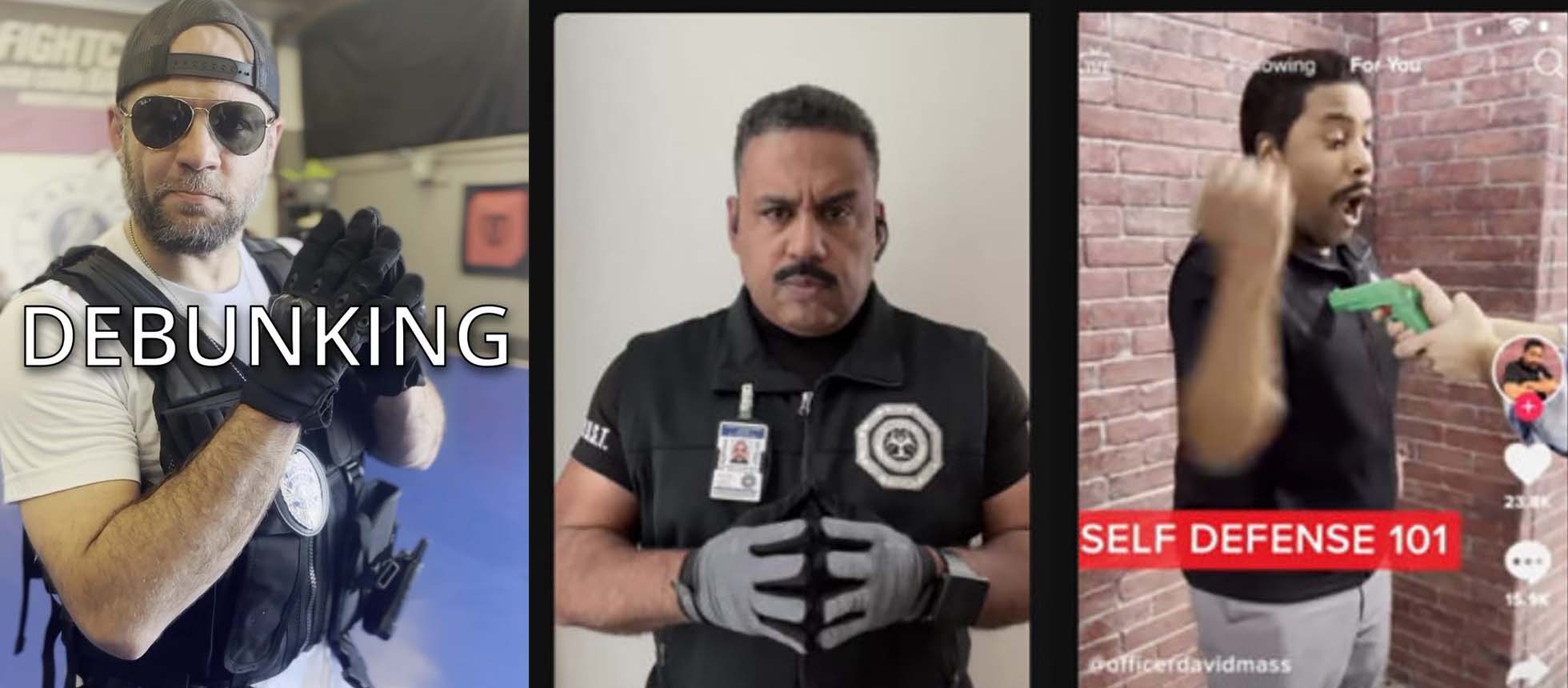A recent video by Brazilian Jiu-Jitsu instructor Brandon Mccaghren takes a sharp jab at the controversial Detroit Urban Survival Training (D.U.S.T.) and its founder, Dale Brown. With a cheeky demonstration titled “Decatur Dust,” Mccaghren humorously dismantled what he called “ignorant options” that might “decrease survivability.” But beneath the satire lies a more troubling reality about Brown’s business practices and questionable techniques.
Brown, who self-identifies as “Commander,” has gained viral fame for his flashy, sometimes absurd, gun disarm and self-defense tutorials. However, critics like Mccaghren and others in the martial arts community warn that his teachings aren’t just ineffective—they could be downright dangerous.
A Closer Look at Brown’s Background
Brown’s credentials have long been under scrutiny. He claims to have served as an Army Airborne paratrooper for two years and to have worked as a licensed Private Investigator. Yet, these claims often crumble under examination, with little to no verifiable evidence supporting them. His training? A mere two weeks of courses, including a few NRA classes and a short bodyguard course in the 1990s.
Before D.U.S.T., Brown operated a program called VIPERS, promising participants lucrative careers in security. The reality was far from the pitch, with unpaid “volunteers” and exaggerated income projections. This pattern of exploiting fears and selling unattainable dreams has followed him into his current ventures.
Turning Mockery into Profit
Brown’s viral fame isn’t accidental. When TikTok began restricting his content, he pivoted to YouTube Shorts, capitalizing on the platform’s algorithm to expand his reach. He’s mastered the art of turning ridicule into revenue, with viral videos generating significant income—whether people watch for laughs or out of genuine interest.
But as critics like Rob Ingram point out, the financial success masks a darker truth. Brown’s techniques are marketed to individuals who might genuinely need self-defense training. These are not harmless internet stunts; they’re potentially lethal misinformation sold to unsuspecting students.
The Real Danger of D.U.S.T.
While Brown loves to tout that none of his security personnel have died in action, critics like Ingram aren’t impressed. Comparing the claim to irrelevant statistics, they emphasize that survivability isn’t the same as sound strategy. Mccaghren and other martial arts experts argue that Brown’s methods, when applied in real-life situations, could lead to disastrous outcomes.
The troubling reality is that Brown’s empire thrives on fear and misinformation. His viral content might entertain, but the stakes are far higher for those who take his techniques seriously. For the martial arts community, exposing these practices isn’t just about discrediting a viral sensation—it’s about protecting people from harm.
In the end, Dale Brown’s success highlights a concerning truth: the line between parody and peril isn’t as clear as it seems.
View this post on Instagram


